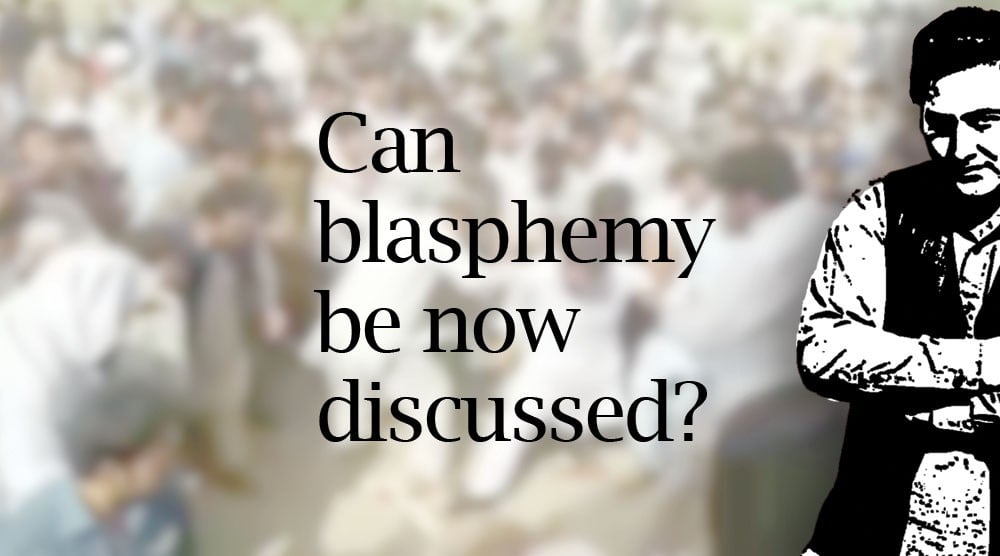
Looking at Mashal Khan’s murder as a defining moment for the Pakistani state to start a discussion on the blasphemy issue

April 13 was a dark day in this country’s history, darker than many that have come before. It was a day we saw a bright young student brutally murdered and humiliated in the premises of a university on what we now know as false allegations of blasphemy.
It’s an unforgettable day. It’s a day that should not ever be forgotten if we want other Mashal Khans to not have to die like this.
But there is a context to his murder and the way it was carried out. It may seem like the coming apart of this society, but it is a doing of the Pakistani state. The state must accept responsibility for shaping the society thus.
In Mashal Khan’s case, soon after the heart-rending videos went viral on social media, the foremost concern was to establish whether some blasphemy was committed or not. While there was outrage on social and some sections of mainstream media, the political leaders took their time in ascertaining what had happened. Once it became clear that Mashal Khan was targeted and the issue of blasphemy was concocted, only then the official reactions and condemnations started pouring in. To an impartial observer, it appeared the lynching would be justified if Mashal did commit some form of blasphemy.
The clergy is, like always, justifying mob violence. Their argument being that had there been more convictions in blasphemy related cases, there would be less incidents of mob violence. It’s interesting how, earlier on, they said the country needed harsher punishments to prevent such violence. With harsher punishments, vigilantism on blasphemy issues became more acute and the clergy still thinks it’s happening because of lesser convictions.
Mashal Khan did not deserve to die like this. His father’s composure, sobriety and clarity must shake everyone out of their stupor. This is a defining moment for the Pakistani state to start a discussion on the blasphemy issue. The time to end this regime of silence has come.
Read also: Can blasphemy be now discussed?